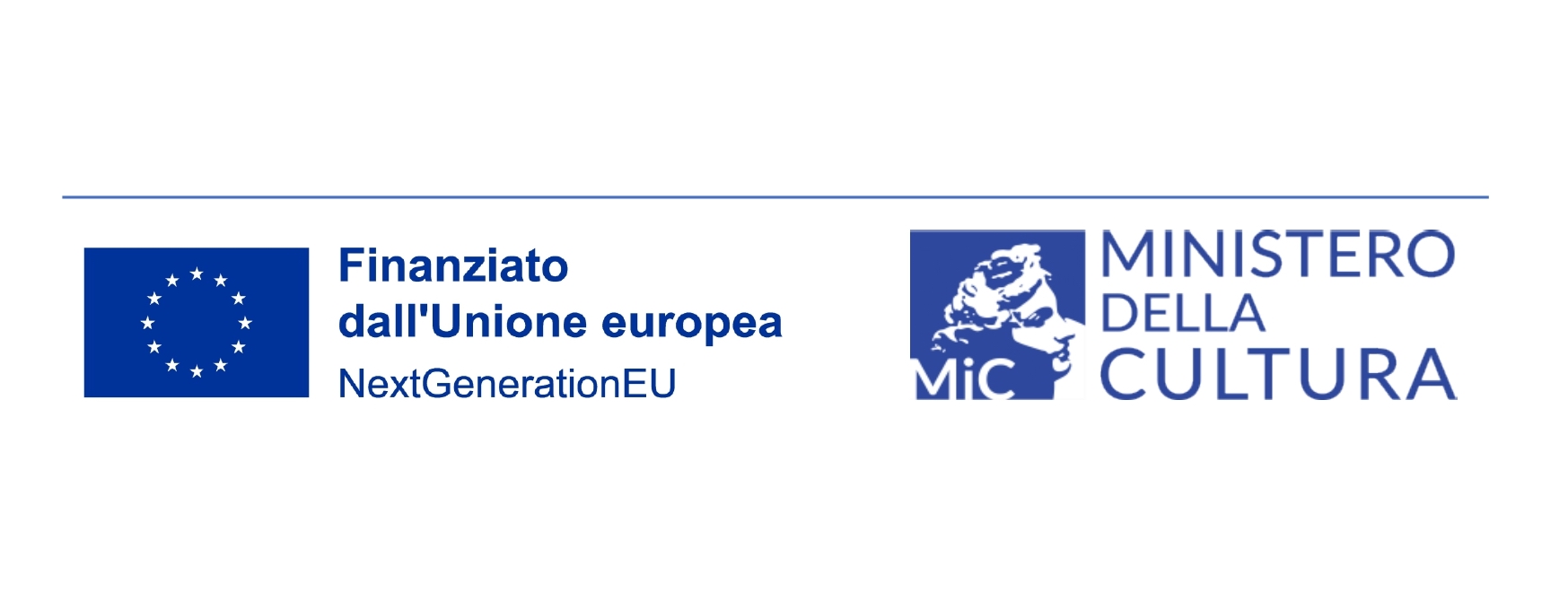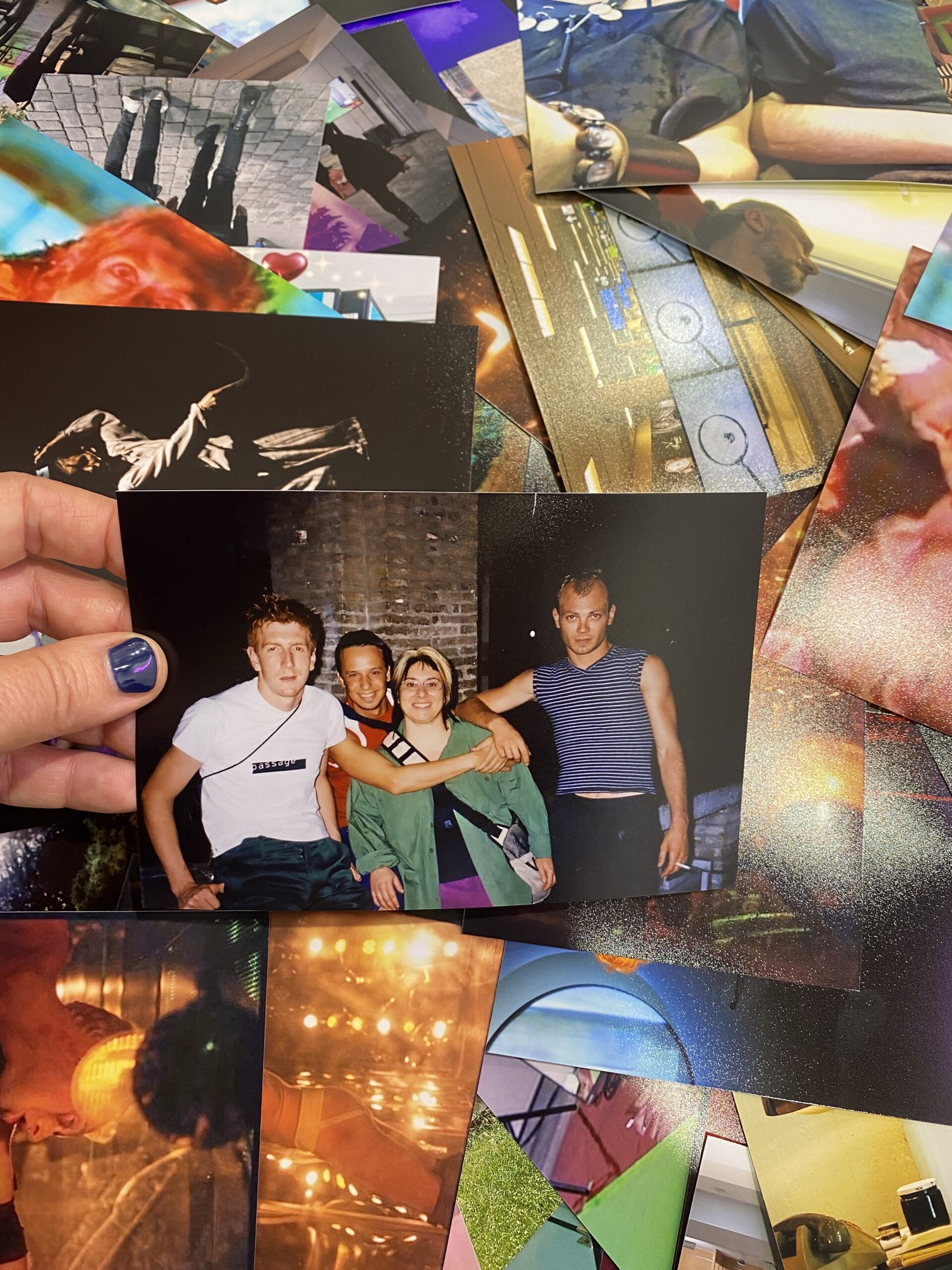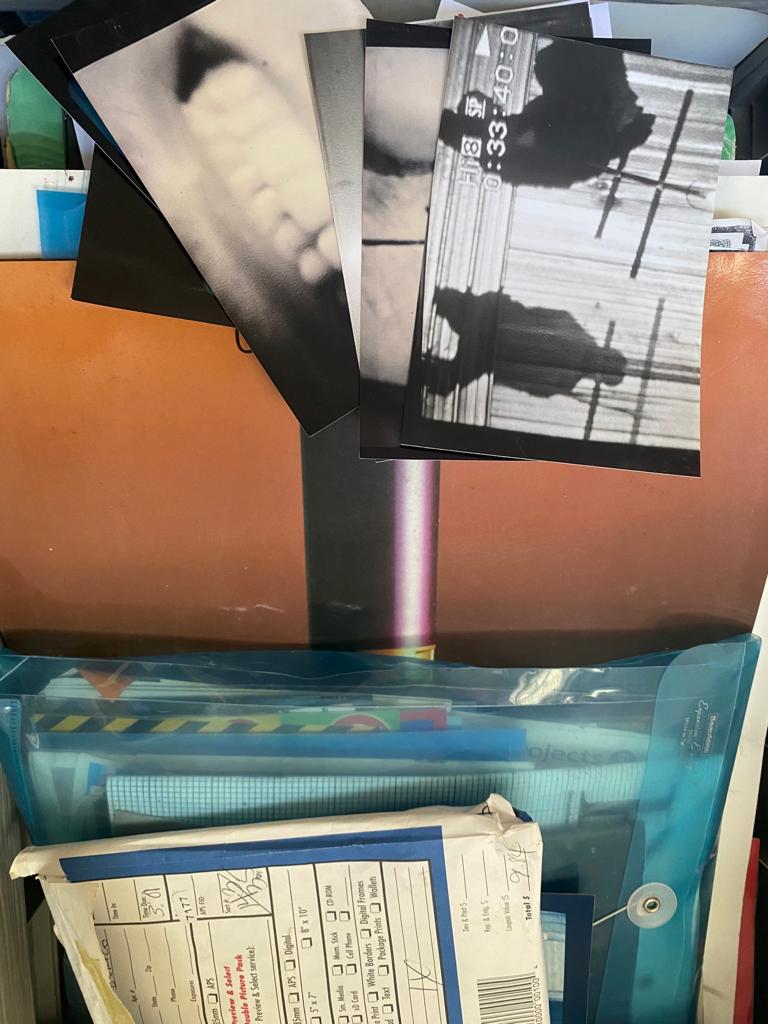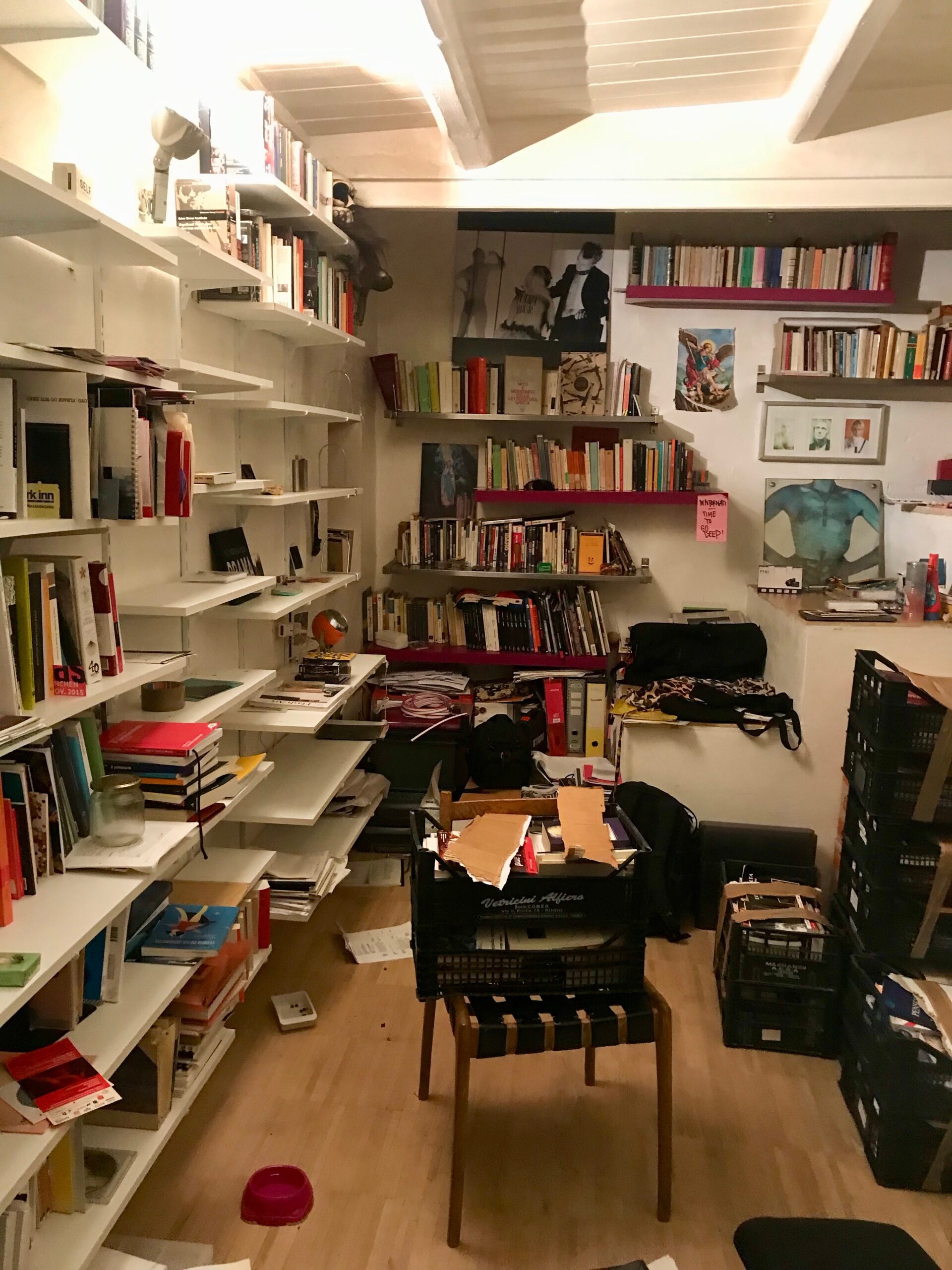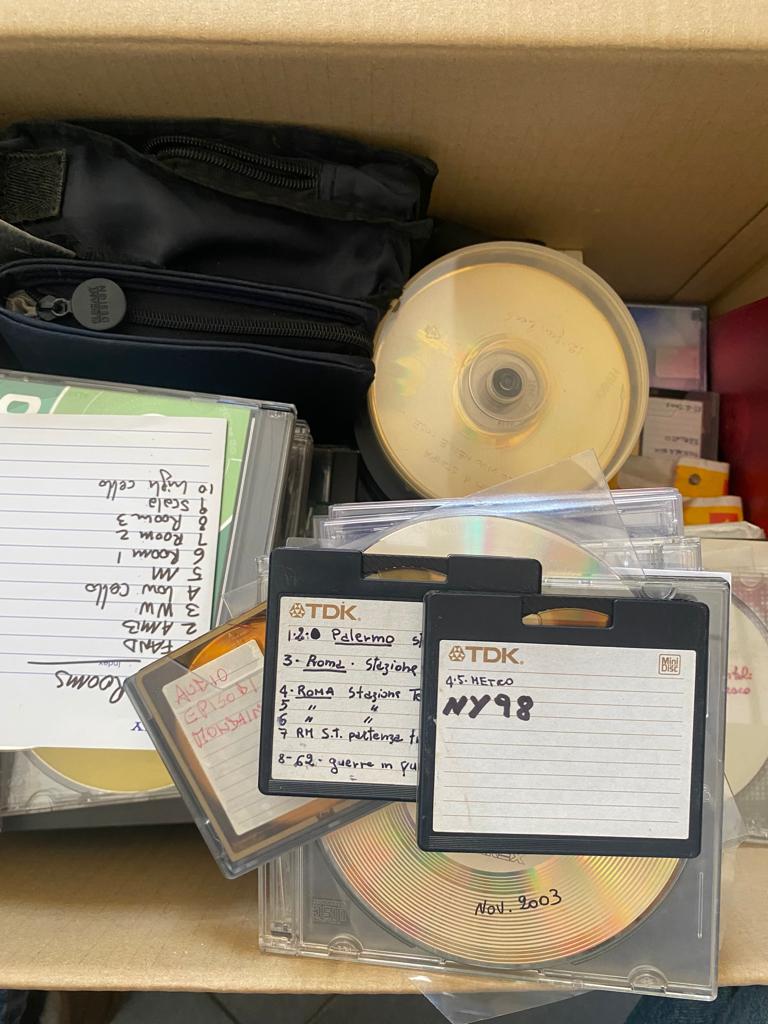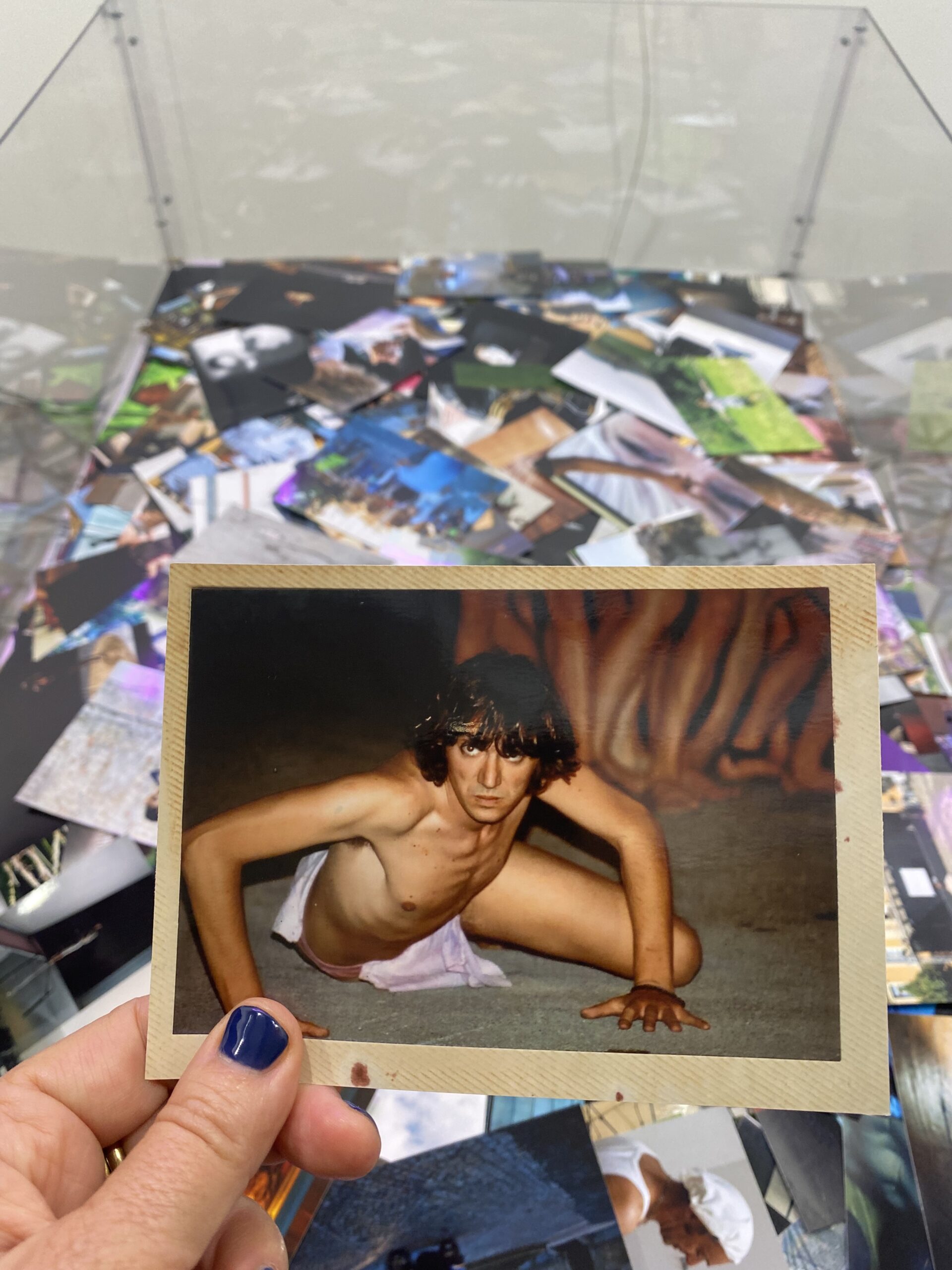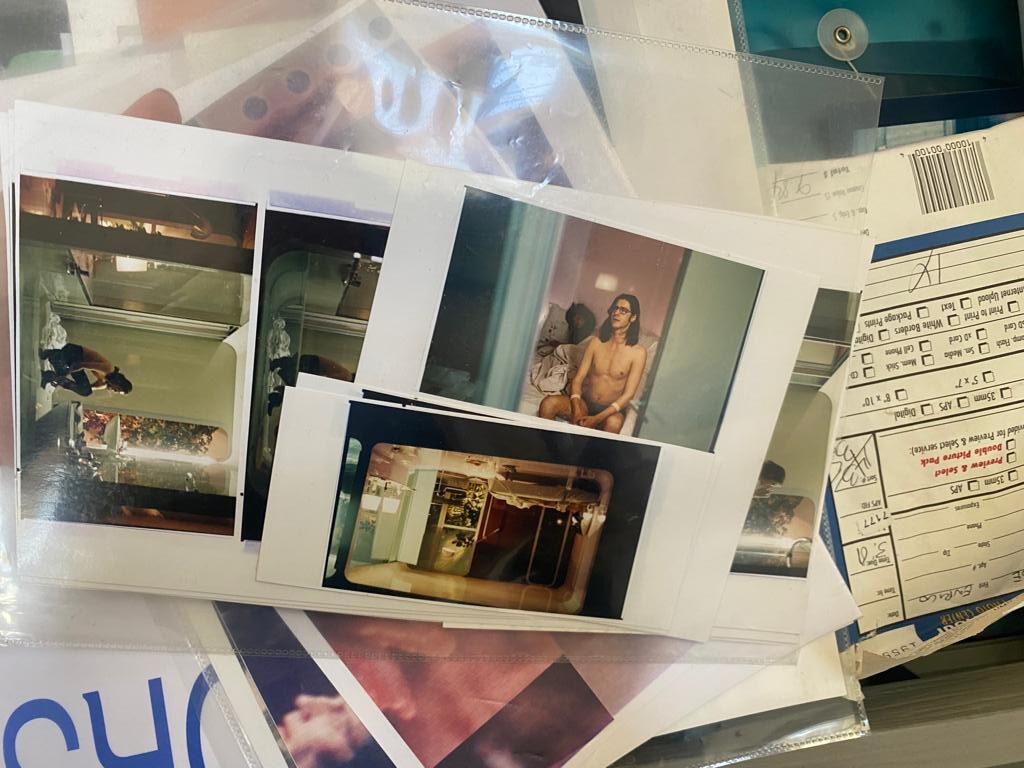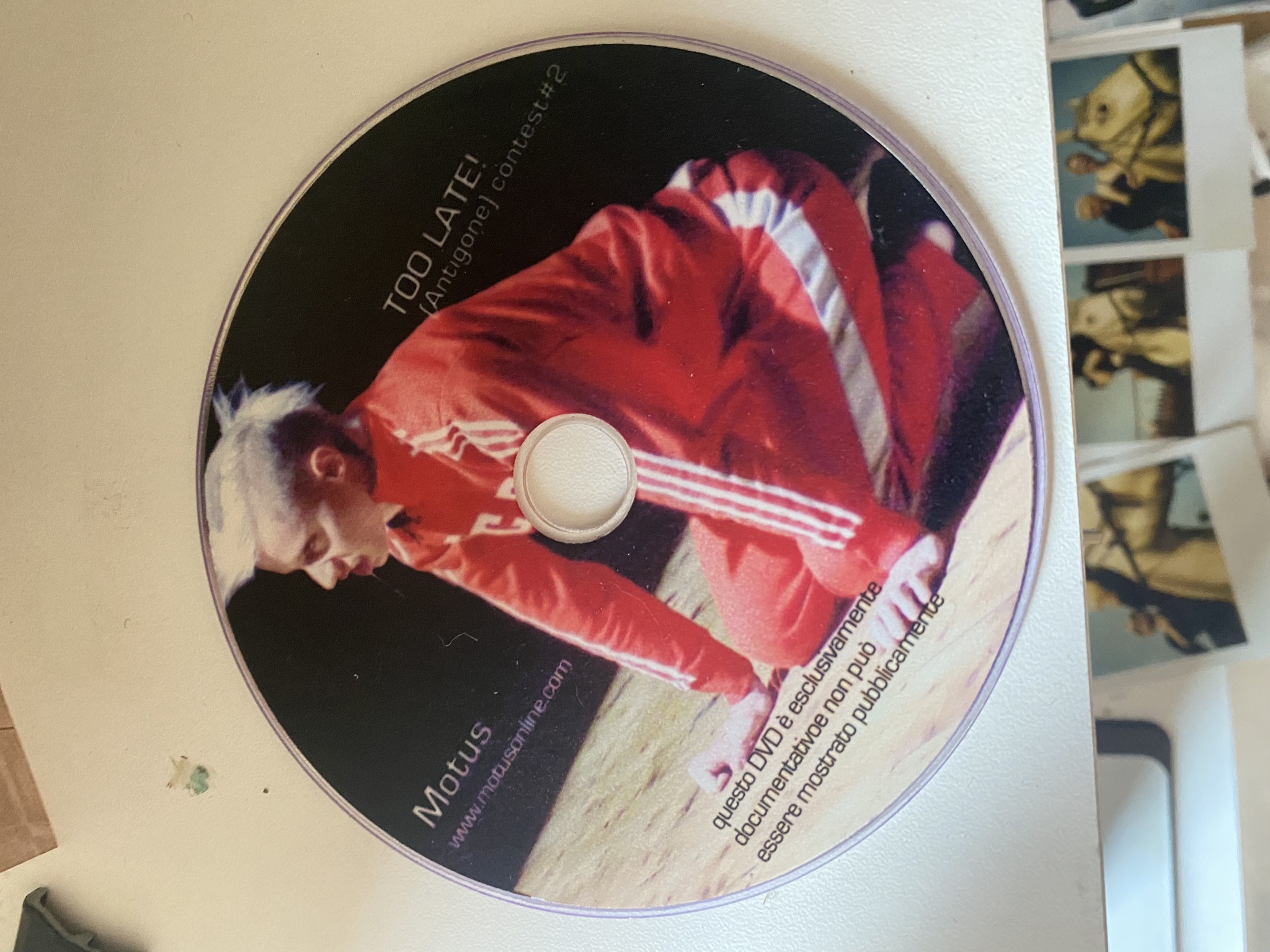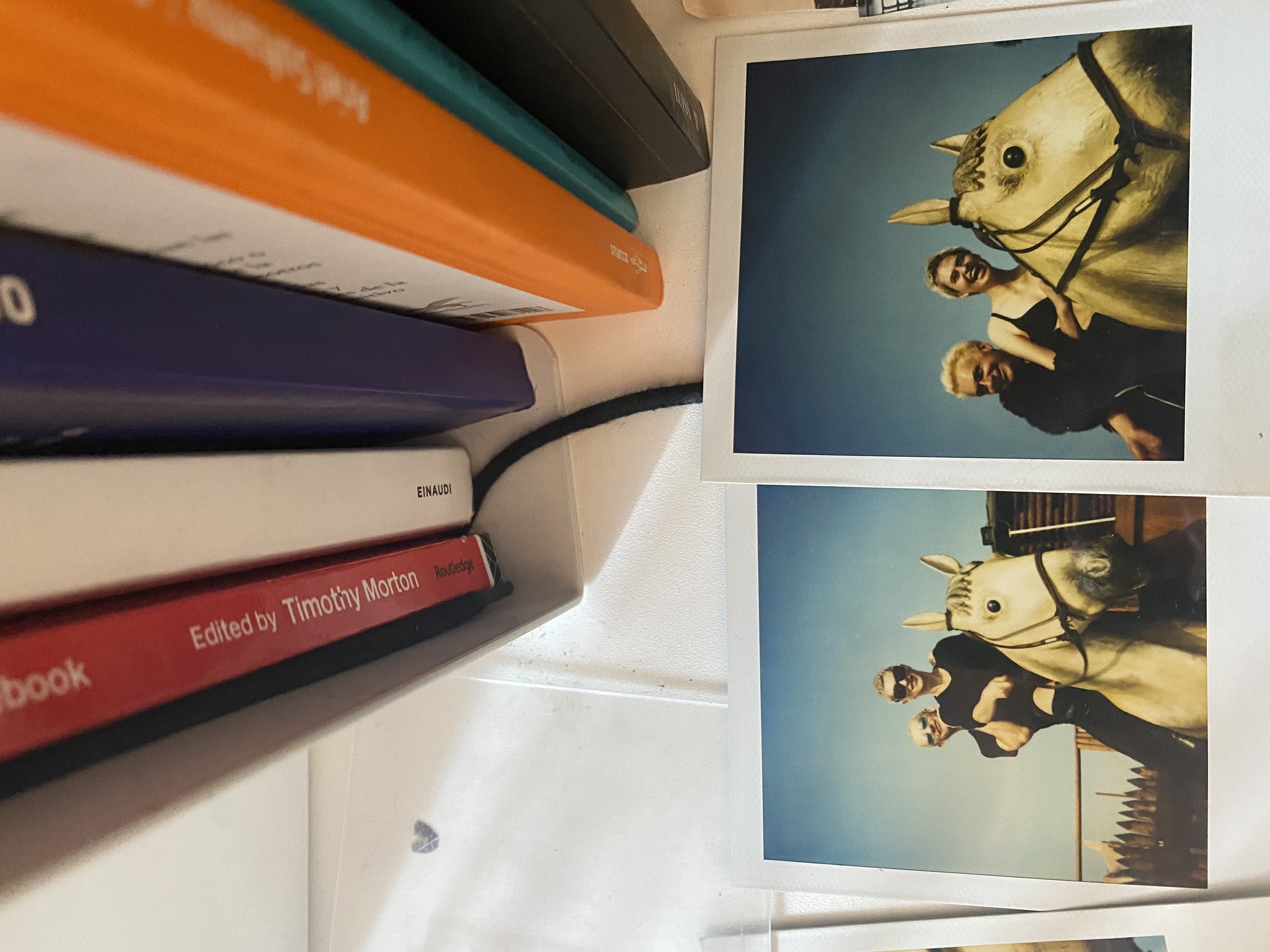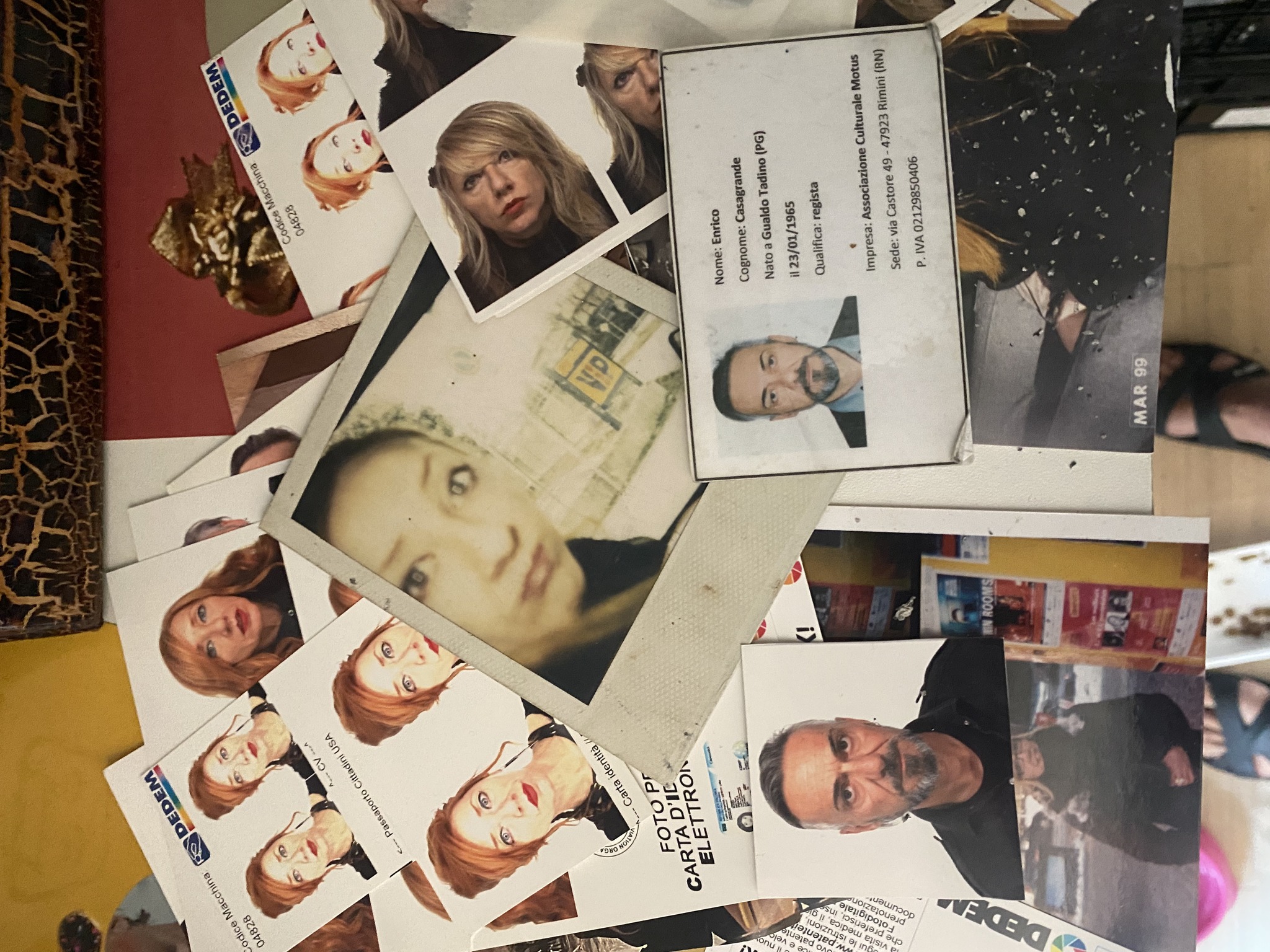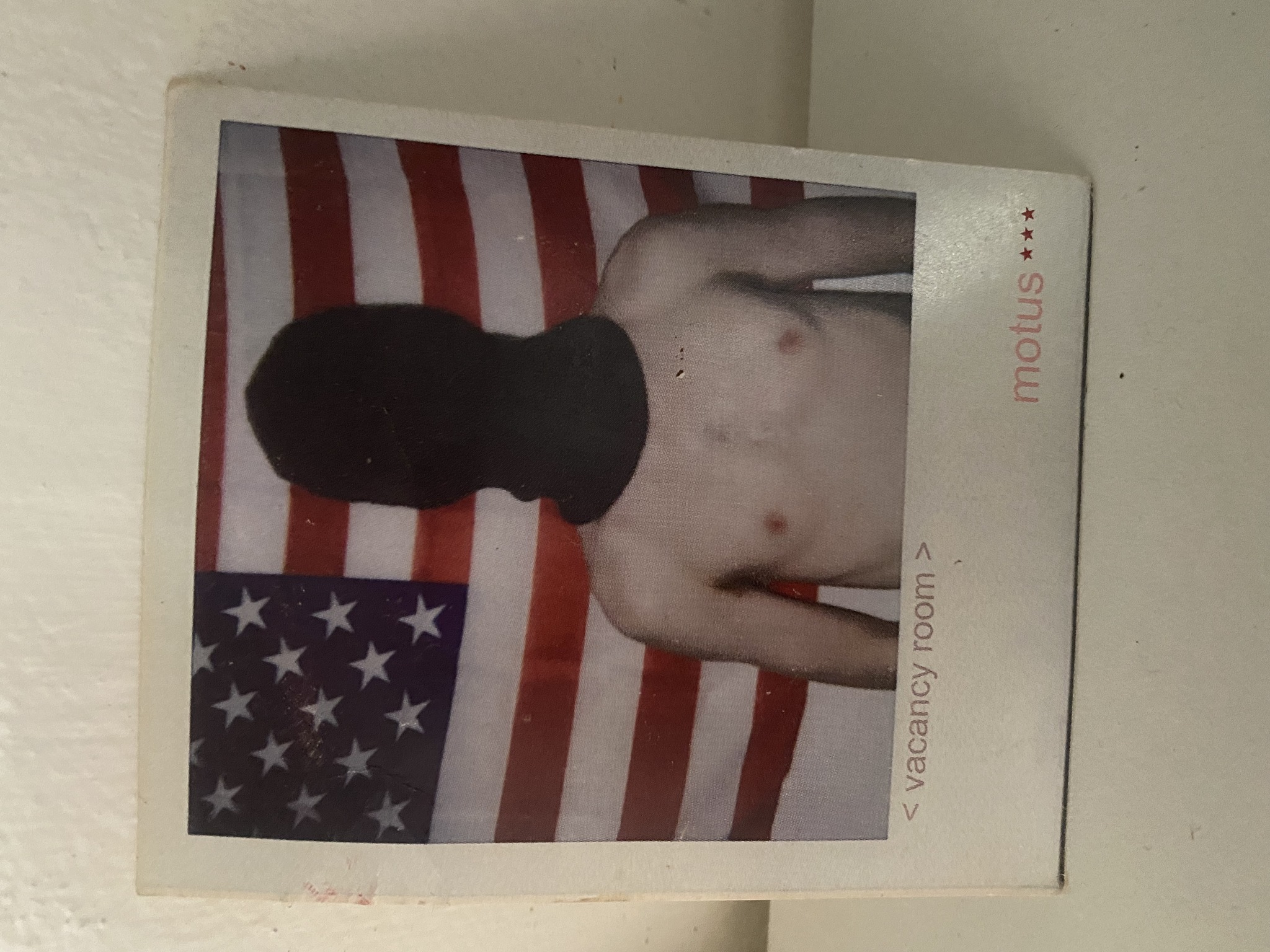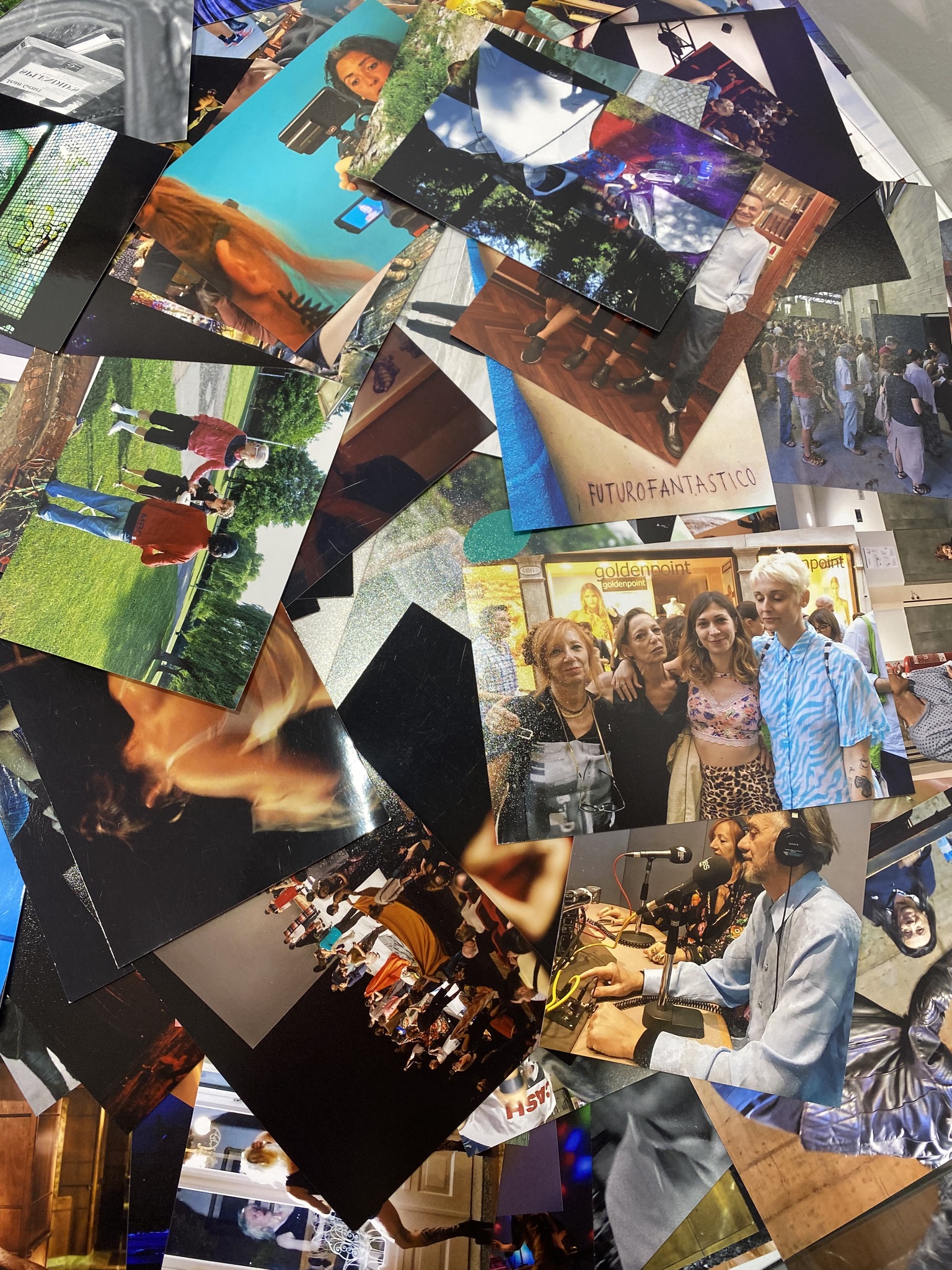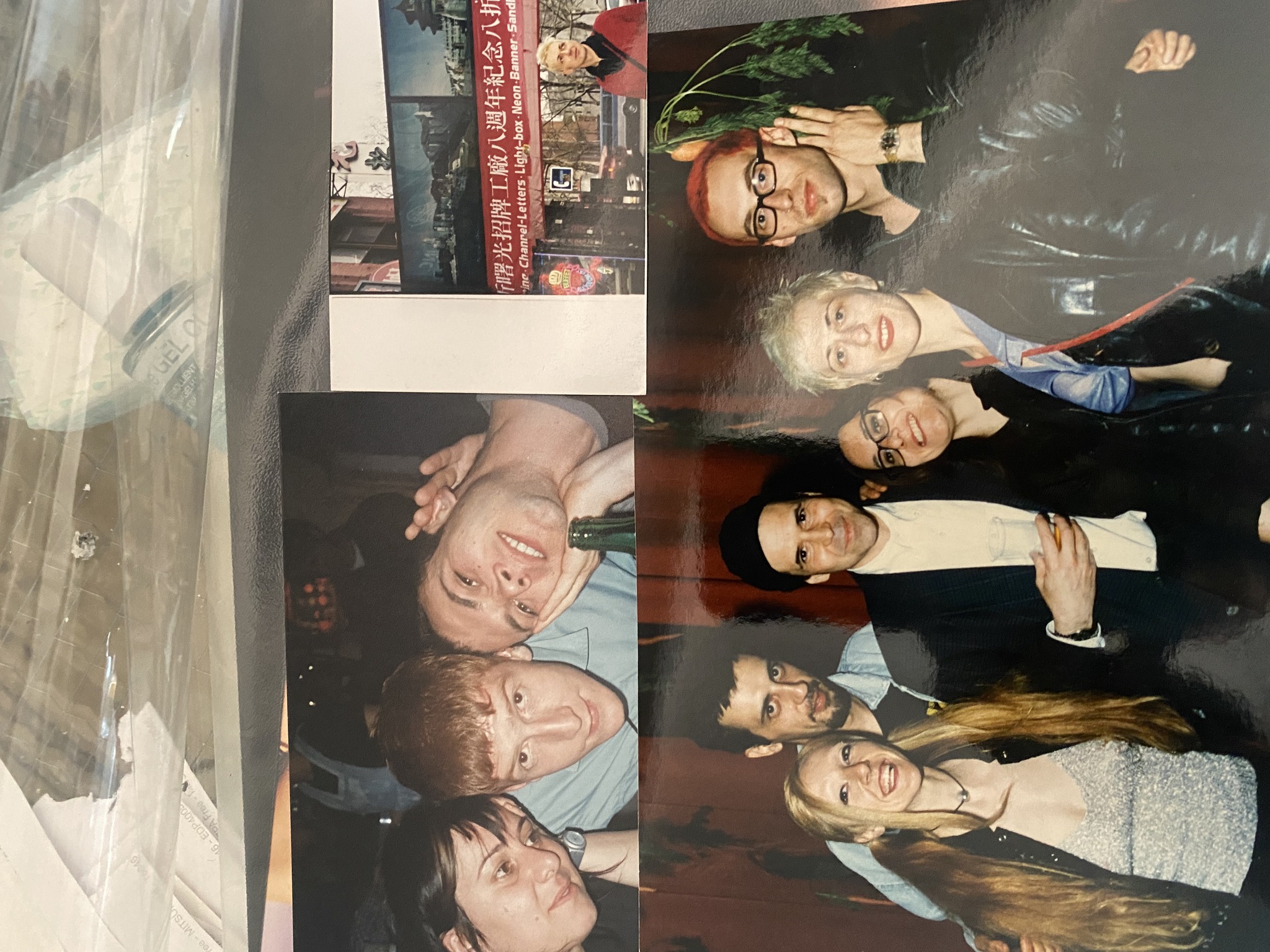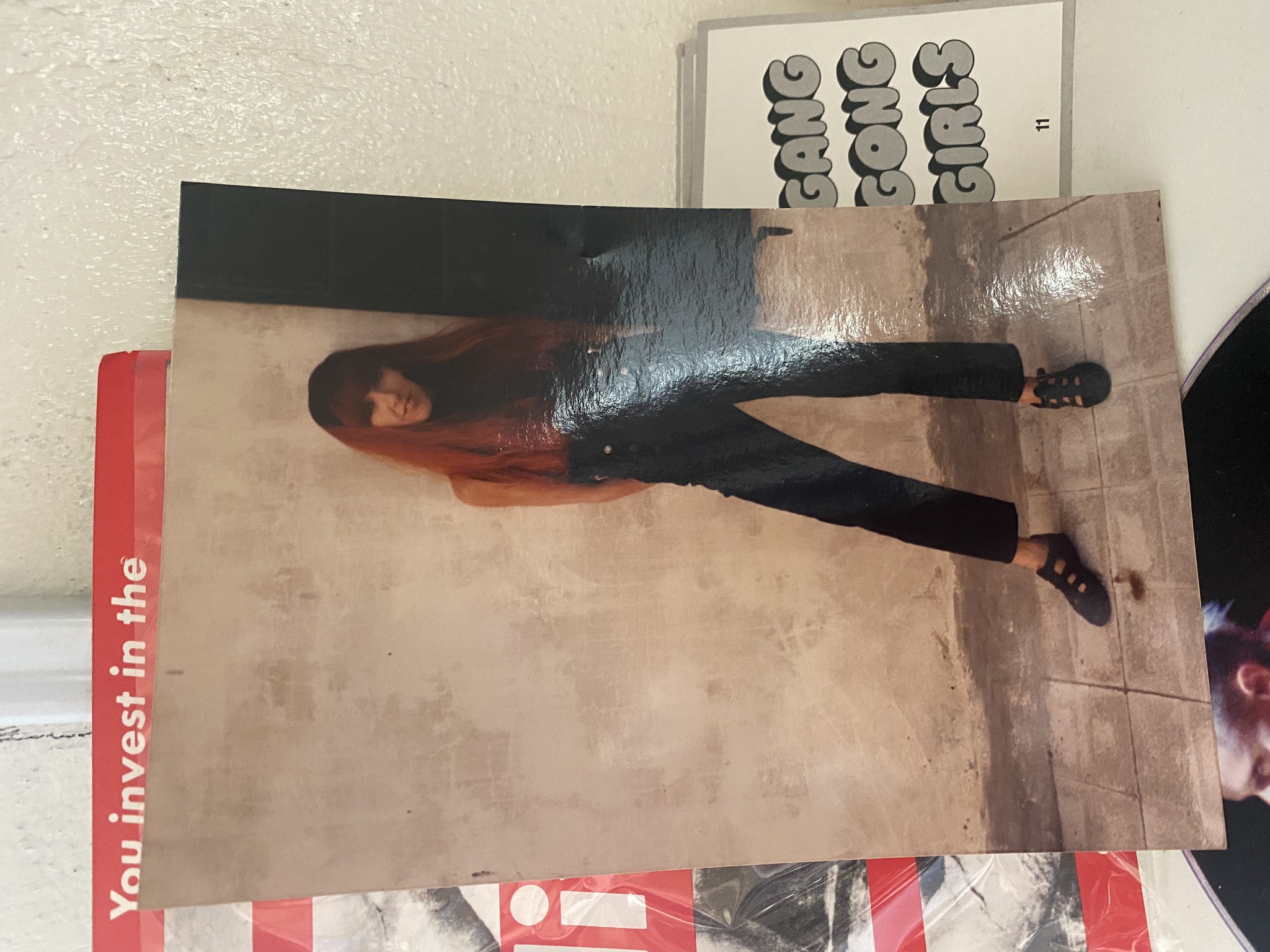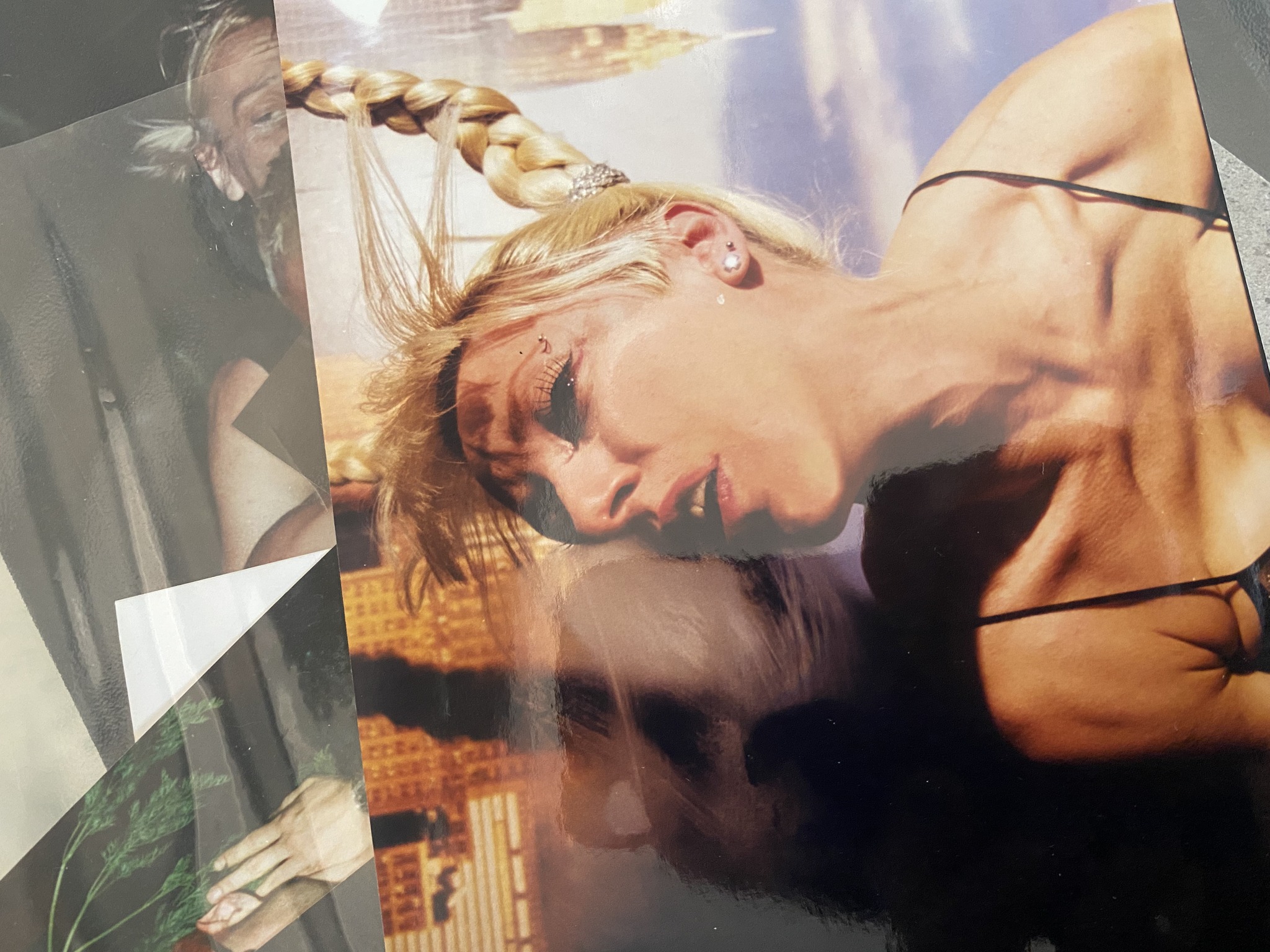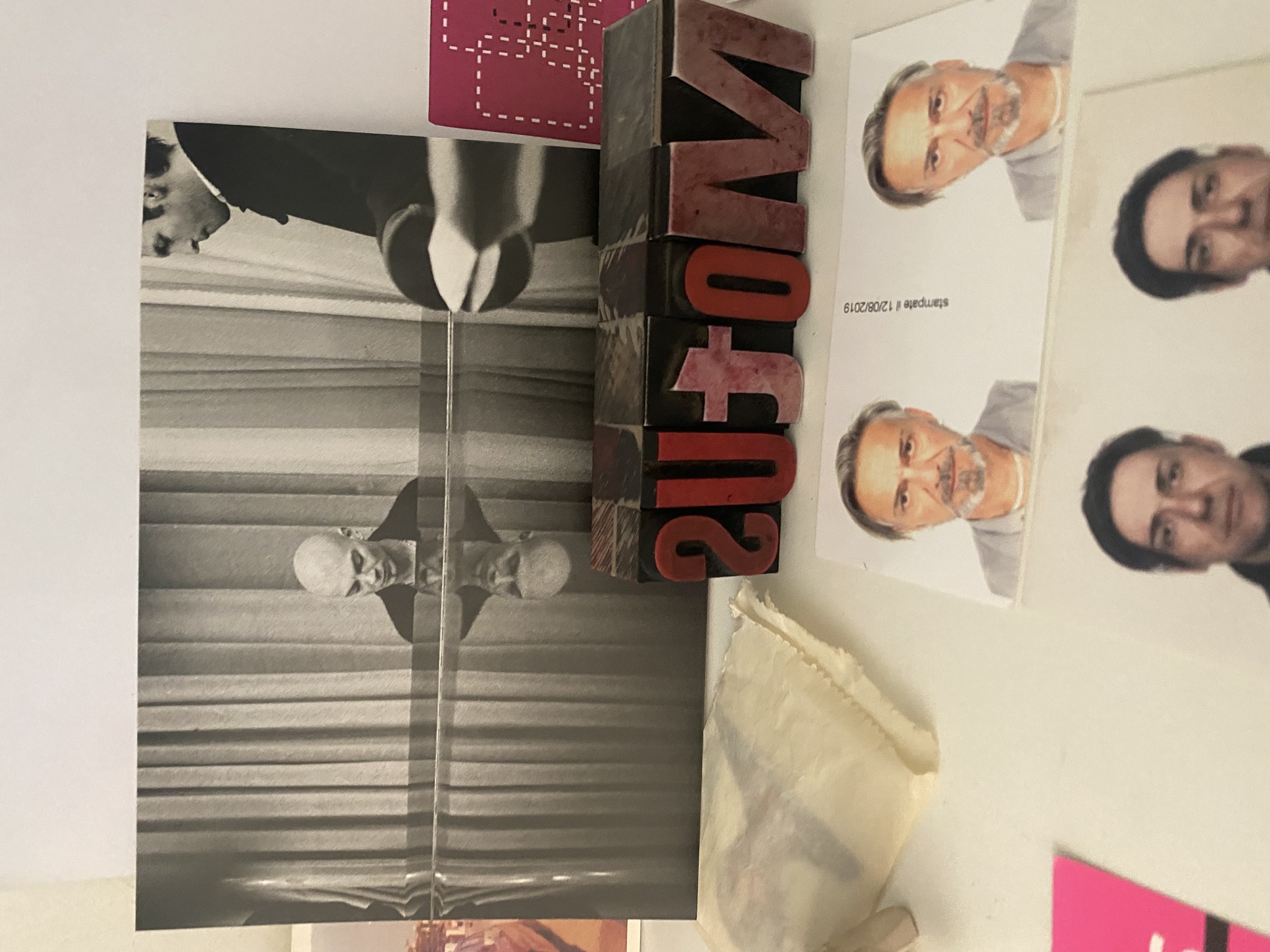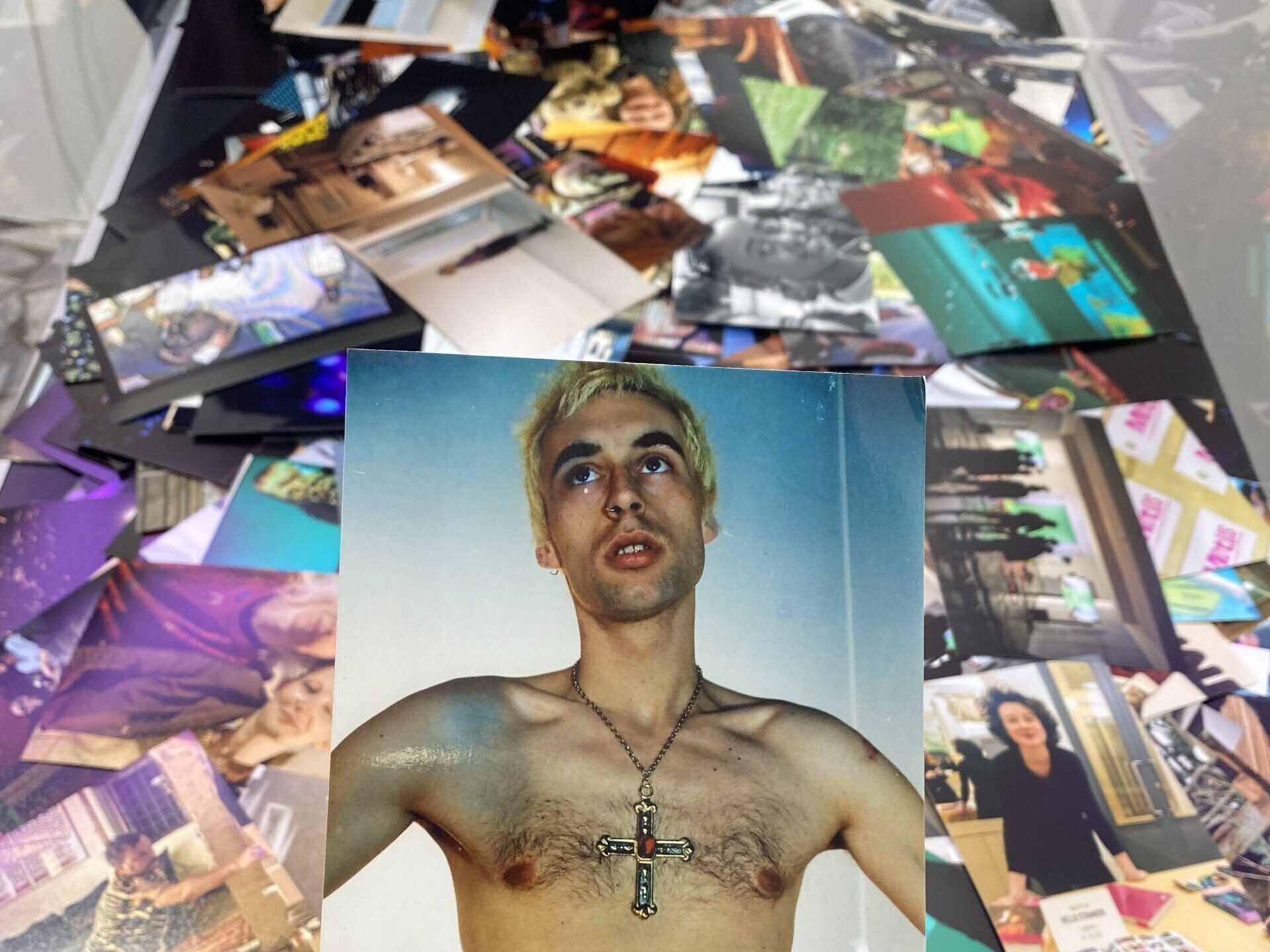
Thanks to the collaboration with professionals in cultural heritage preservation and digital technologies, we have the opportunity to make accessible the historical archive of the Motus theater company, which documents more than thirty years of theatrical productions through videos, sound documents, texts, photographs and graphic materials, sedimented over time in an unordered form, already the subject of numerous requests from students and academies, including foreign ones. To achieve this goal, the project will be curated by an archivist from Rimini’s Gambalunga Civic Library in collaboration with the Motus team and 4Science for the technological part of creating the data publication and search environment.
All of this material will go to make up a digital library and a physical archive-which can be kept partly at the Gambalunga Library and partly at Casa Motus-Tito Project, which aims in the next few years to transform a farmhouse of about 400 square meters in the hinterland of Romagna (San Giovanni in Marignano) into a cultural center for artistic and pedagogical initiatives of dialogue between art and the rural landscape.
The archive may be of great use to all those scholars and enthusiasts who frequently request the material related to the company’s past productions, to make a cultural contribution to the community and to those who in turn have the desire to assimilate and share the experience of contemporary theater, the awareness on the issues addressed by Motus over all these years as well as the poetics and modus operandi; the work of creating the archive will also be able to represent a training opportunity for university students/doctoral students/researchers who would like to participate in part of or all of the process, thanks also to the support of the University of Urbino Carlo Bo and the University Iuav of Venice.
The creation of this archive, in addition to making the history of Motus accessible, places an emphasis on securing the “historical” material by ensuring the preservation and durability of digital memories over time; it also meets the needs of inclusion of people with disabilities in the design or retrofitting of the structure, environments and digital services, and will be able to make an ecological contribution with guaranteed online management in order to reduce energy consumption for a “green” approach.
The Gambalunga Civic Library, a partner in the project, to which Motus intends to donate its archival collection, is based in Rimini at Via Gambalunga 27. It traces its origins to the bequest of the Rimini jurist Alessandro Gambalunga, who, upon his death in 1619, left the building and its “library” to the Municipality of Rimini for public use. Today the Library has more than 300,000 volumes, 60,000 of which are ancient, about 1,350 manuscript codices, 6,000 prints, 2,400 periodicals, more than 4,000 DVDs, and about one and a half million photographic images on various media. Gambalunga’s activities include increasing the documentary heritage and its proper preservation and use. The acquisition and enhancement of the Motus Archive by the Gambalunga Library is intended to be a contribution to the knowledge of the world of entertainment through documentary sources that are evidence of the history of contemporary theater and part of the history of local and national culture. Mara Sorrentino, contact person for the Gambalunga Library, will be in charge of the archival consultancy and coordination of cataloguing activities.
4Science SPA, another partner in the project that will take care of the technological innovation aspect of the project, is an Italian-based, publicly traded company founded in 2015 to support universities, research institutes and cultural organizations around the world in the management and implementation of digital projects. It is part of the Itway Group, listed on the Italian Stock Exchange since 2001, which has been active in the IT sector for 25 years. Its areas of focus are: institutional and research repositories (with DSpace- CRIS platform), digital libraries for libraries, museums, archives, galleries (with DSpace-GLAM), digital curation and digital preservation. 4Science adheres to methodological and scientific standards recognized by international communities, and its team has worked and works on the definition of open standards and their dissemination in collaboration with major communities developing open source platforms and strategies. The intensive multi-level participation of 4Science staff enables institutions that use the team’s services and expertise to learn about and propose innovative solutions and future developments of the application itself.
Project funded by Next Generation EU
